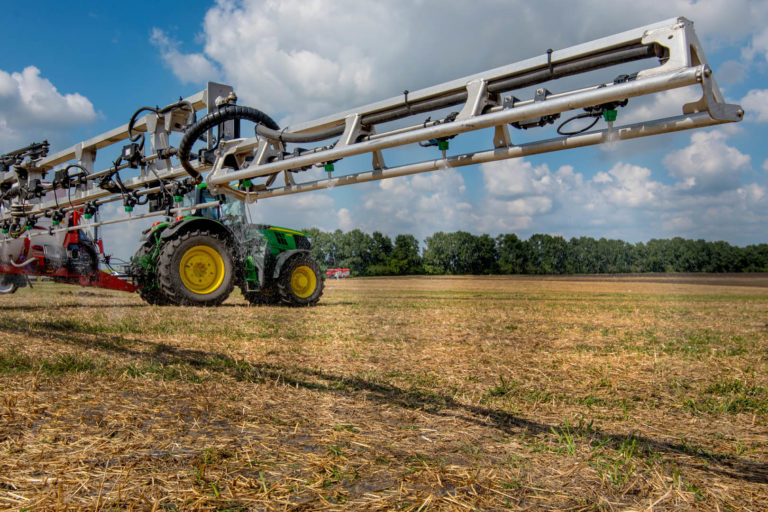

Ryggvärk
En genomgång av olika former av ryggsmärta som lumbago/ländryggssmärta, ryggskott och vanligt ryggont
Se även: Varför får jag ont i ryggen?
Ländryggssmärta
Ländryggssmärta kallas det när man har ryggvärk i den nedre delen mellan revben och ryggslut.
Mer än 80% av befolkningen anses någon gång drabbas av ryggvärk. Vart femte läkarbesök kan relateras till någon form av smärta i ryggen.
- Diagnosen Lumbago (som är ländryggssmärta på latin) säger att du har ont i ländryggen, inte vad smärtan beror på.
- Det medför stora samhällskostnader på grund av nedsatt arbetsförmåga och stora sjukvårdsresurser.
- Vid ryggvärk vet man i majoriteten av fallen inte vad orsaken är, så kallad idiopatisk ryggsmärta.
Oftast startar vanligt ryggont som en svag, molande värk och trötthetskänsla i nedre delen av ryggen. Den molande värken tilltar gradvis och brukar också bli värre då du belastar ryggen.
Ryggskott
Ryggskott kallas det vid akut ryggont (akut lumbago). Smärtan uppkommer plötsligt, till exempel då du lyfter något eller vrider ryggen. Det är ofta en huggande, skärande smärta med krampande muskler, ofta så häftig smärta så att du får svårt att röra dig.
Ryggvärk i bröstryggen
Ryggvärk i bröstryggen, eller bröstryggssmärta, kommer från den övre delen av ryggen, till exempel kan det göra ont mellan skulderbladen. Oftast beror det på överansträngda muskler och fascia men det kan också vara smärta från lungor eller hjärta. I det senare fallet kan det kännas som ett tryckande band runt bröstkorgen och man kan också få andningssvårigheter och hög puls, framförallt vid ansträngning. Smärtan kan också stråla ut i en arm, vanligtvis den vänstra.
Det vanligaste är dock att smärtan kommer från fascia runt muskulaturen i övre ryggen. Ofta kan det bero på att man är svagare i den ena armen och då hjälper man till med ryggen genom att knipa in skulderbladet och luta kroppen åt sidan. Alltså en överansträngning då man vill och utför mer än vad man är tränad för.
Även att man sitter framåtlutad framför dator, kör bil, rider mm, gör att man kan bli kortare i bröstmuskulaturen (framsida) och bröstryggens muskler får hålla emot i utsträckt läge (det blir obalans mellan främre och bakre myofasciakedjorna).
Lumbago-ischias
Lumbago-ischias är när du samtidigt med med ryggsmärtan får en utstrålande smärta ner i ett ben, till knä eller ända ner i foten. Det innebär att ischiasnerven är irriterad. Antingen är den klämd ända uppe vid nervrötterna från några av ländkotorna där den kommer ut från ryggmärgen (äkta ischias, beror på diskbråck) eller att den har blivit klämd av krampande muskler, på grund av till exempel felbelastning, snett bäcken, överansträngning mm (så kallad falsk ischias). Äkta ischias kan också ge känselbortfall och svaghet i benet vilket inte falsk ischias gör. Du kan också ha ischiassmärta utan ryggont.





























